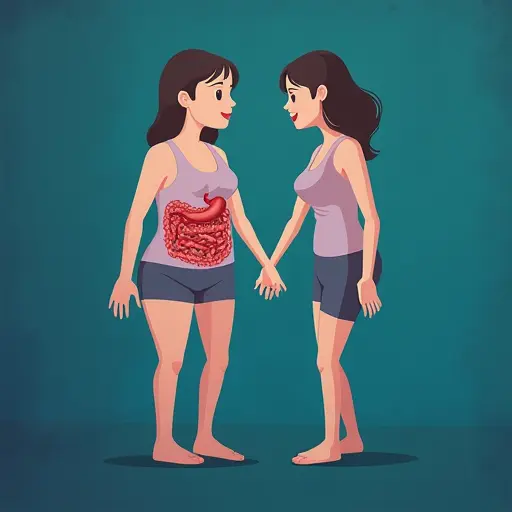UNICEF reports historic shift: more children worldwide now have obesity than underweight, with 1 in 10 affected. Blames processed food marketing and industry lobbying.

Historic Shift in Global Child Nutrition
For the first time in history, there are more children worldwide suffering from severe obesity than from underweight conditions, according to a groundbreaking UNICEF report. The United Nations children's rights organization reveals that nearly one in ten children aged 5-19 now lives with obesity, marking what researchers call an "alarming and historic development."
Rapid Increase Over Two Decades
The statistics show a dramatic shift: while only 3% of children had severe obesity in 2000, that figure has now skyrocketed to approximately 10%. "This is extremely worrying because obesity is much harder to treat than overweight and carries a greater risk of serious health problems," stated a UNICEF spokesperson.
Global Patterns and Regional Exceptions
The report indicates that underweight cases have gradually decreased in recent years, while obesity rates have surged across all world regions. The only exceptions remain sub-Saharan Africa and South Asia, where underweight conditions still prevail over obesity.
Billion-Dollar Food Industry Influence
UNICEF attributes this troubling trend to the aggressive marketing and widespread availability of unhealthy, heavily processed foods high in fats and sugars. The organization points to digital marketing tactics that specifically target children with fast food advertising.
Corporate Lobbying and Policy Obstruction
The soft drink and processed food industry invests billions in government influence campaigns, according to the report. Through extensive lobbying efforts, these corporations attempt to block legislation aimed at restricting unhealthy food products. "This heavily processed food is often relatively cheaper than fresh or minimally processed food," the report notes, citing agricultural subsidies for corn and soy as contributing factors.
Call to Action
UNICEF is calling on governments, businesses, parents, and schools to take responsibility for reversing this trend. The organization emphasizes the need for comprehensive strategies that address both the availability of unhealthy options and the economic factors making them more accessible than nutritious alternatives.
For more information on global health initiatives, visit the World Health Organization website.

 Nederlands
Nederlands English
English Français
Français Deutsch
Deutsch Español
Español Português
Português






